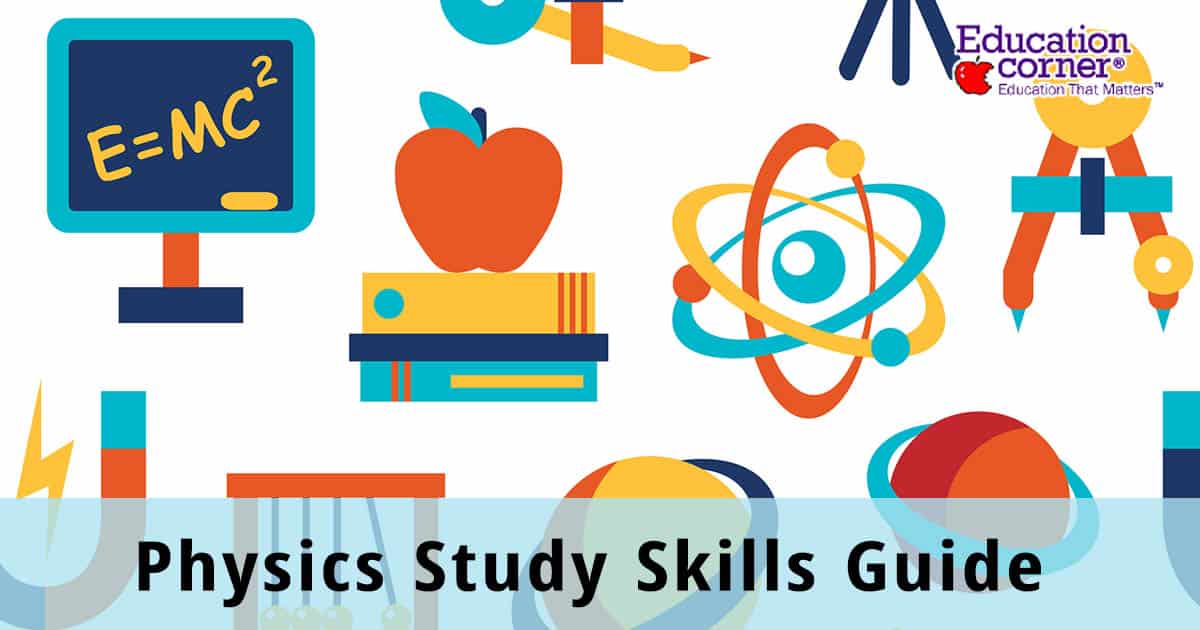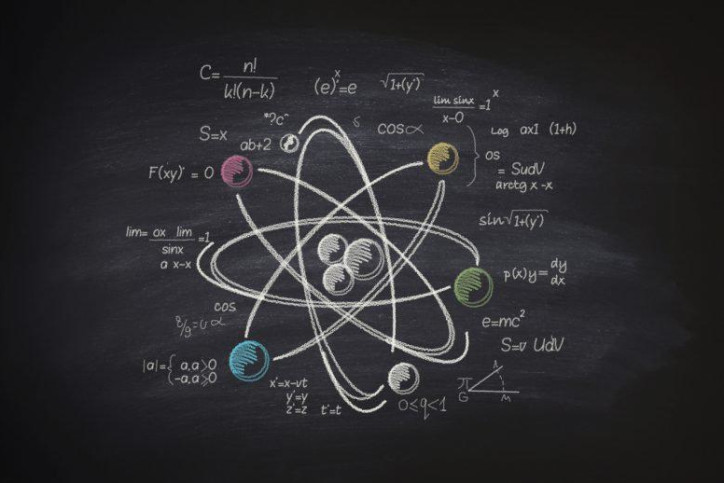What Does a Physicist Study?

A physicist studies matter and energy. A physicist’s job varies according to their field of study, but most of them work in laboratories, either for private companies or hospitals, or under grant funds. Physicists typically write scientific reports and present their research findings at conferences. A physicist focuses on designing experiments and drawing conclusions. Job opportunities for physicists are most abundant in the medical field. For those interested in pursuing this career, the American Physical Society’s website hosts free physics resources and also recommends books and videos that can help aspiring physicists get started on the road to becoming a physicist.
Physicists study matter and energy
Physicists are scientists who study the nature of matter and energy, and work on practical devices that make use of that information. They study a variety of categories of physical objects, including motion and the properties of waves and states of matter. Many physicists specialize in one area of study, such as quantum physics. Some physicists specialize in specific areas, such as the study of atomic particles, and others focus more on theoretical work.
The science of matter and energy is fundamental to all aspects of our world. For example, light and gravity are examples of energy. Similarly, time and motion are key elements in chemistry, another subject in physical science. These two fields are closely related, as both are concerned with the structure of matter and its interactions. Geology, meanwhile, looks into the history of our planet and its changes. Its study of these phenomena is a key component in developing new technologies and understanding the working of our world.
They solve problems
Physicists study the laws of nature and understand the basic principles behind them. They use mathematical models and problem solving techniques to explain phenomena, and they develop new technologies. Since physics is at the root of all other sciences, physicists can be found in almost every field. From medicine to computer science, physicists are in high demand. Some fields have a high need for physicists, while others don’t.
In the study of physics, problem solving is an art. Often, students are presented with “sample problems” which have already been solved. These examples are the result of a problem-solving session. In reality, solving problems requires creative thinking and insight, which are developed with practice and experience. Students can practice by working examples in text or end-of-section problems. Start with the easiest problems and work your way up to more difficult problems.
They work in a variety of fields
Physicists work in all kinds of fields, from science reporting to university administration. These scientists also work in hospitals, power plants, museums, and law firms. Some even hold executive positions in government or the legal industry. Regardless of their area of expertise, physicists report high satisfaction with their chosen profession. A doctorate in physics may open doors to other fields, such as medicine, business, or the financial industry.
Materials physicists study the structure and properties of materials. They may grow synthetic crystals in a laboratory, which led to the invention of the transistor. Health physicists design and supervise radiation protection programs. Astrophysicists create instruments for space observations. Optics physicists study how light is affected by matter and how to control it. Plasma and fluid physicists study the properties of liquids and gases.
They can get well-paying jobs
A career as a physicist can lead to many opportunities. These scientists study light and manipulate it to find new ways to use it. They can work in a wide range of industries, including food and pharmaceuticals. They must have excellent organization and management skills. Some physicists focus on health and radiation. These professionals study the effects of radiation on human health, and assess the risks of different types of radiation exposure.
Many physicists work in academic institutions, performing research and developing new technologies. Some of them conduct basic research and develop new ideas for products. Some of these discoveries are then applied to other fields. For example, solid-state physics was used to create transistors, which eventually led to integrated circuits in computers. Physicists also design research equipment, which has surprising uses. Lasers are used in surgery and microwave devices function in ovens. They also analyze chemical food and blood samples to find the culprit of a crime.




Leave a Reply